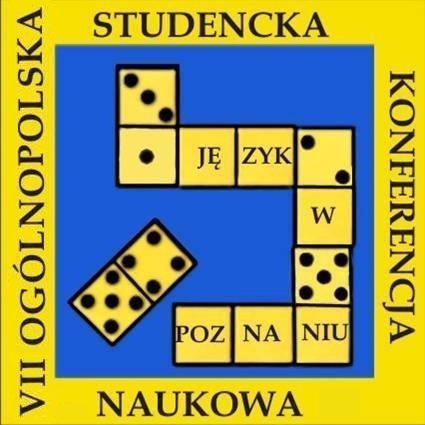VII edycja - abstrakty
Główna |
Organizacja |
Plakat |
Program |
Abstrakty |
Galeria |
Wytyczne |
Ankieta |

Prezentujemy listę referentów oraz tytułów wystąpień wraz ze streszczeniami. Zapraszamy do lektury!
Przypominamy, że język, w którym podany jest tytuł, jest równoznaczny z językiem całego wystąpienia.
Pod każdym streszczeniem umieszczony jest skrócony program, dzięki któremu można dowiedzieć się, jakie inne referaty będą wygłaszane podczas danej sekcji.
Magdalena Hądzlik-Dudka (Kielce)
Swearing in English, German and Polish - a comparative study
Swearing is a fast expanding phenomenon. Swear words appear in many communicative situations, also in those which, traditionally, should be free of the foul language. Yet it should not be forgotten that swearing is strongly connected with culture. This means that the choice and use of swear words depends on the culture the user was brought up and lives in.
The presentation aims at comparing and contrasting the state of use of vulgarisms by the users of English, German and Polish. The data comes from public opinion researches carried out by specialized institutions. It was also gathered in linguistic corpora which allows to provide information about changes that occurred in course of language changes.
The presentation will also discuss phenomena of vulgarization and devulgarisation of language as well as other modern trends in swearing.
Gdzie i kiedy:
| W tym samym czasie ... 412, 504 | sala: 416 moderacja: Tomasz Mowlik |
| 11:50-12:05 | Michał Rojek - Supporting friends and derogating enemies in gossip, and the problem of gossip veracity: A sociolinguistic and evolutionary perspective |
| 12:05-12:20 | Magdalena Hądzlik-Dudka (UJK) - Swearing in English, German and Polish - a comparative study |
| 12:20-12:35 | Marta Durczak (UAM) - Understanding of orientational metaphors in Turner Syndrome - plan of MA research |
| 12:35-12:50 | dyskusja |